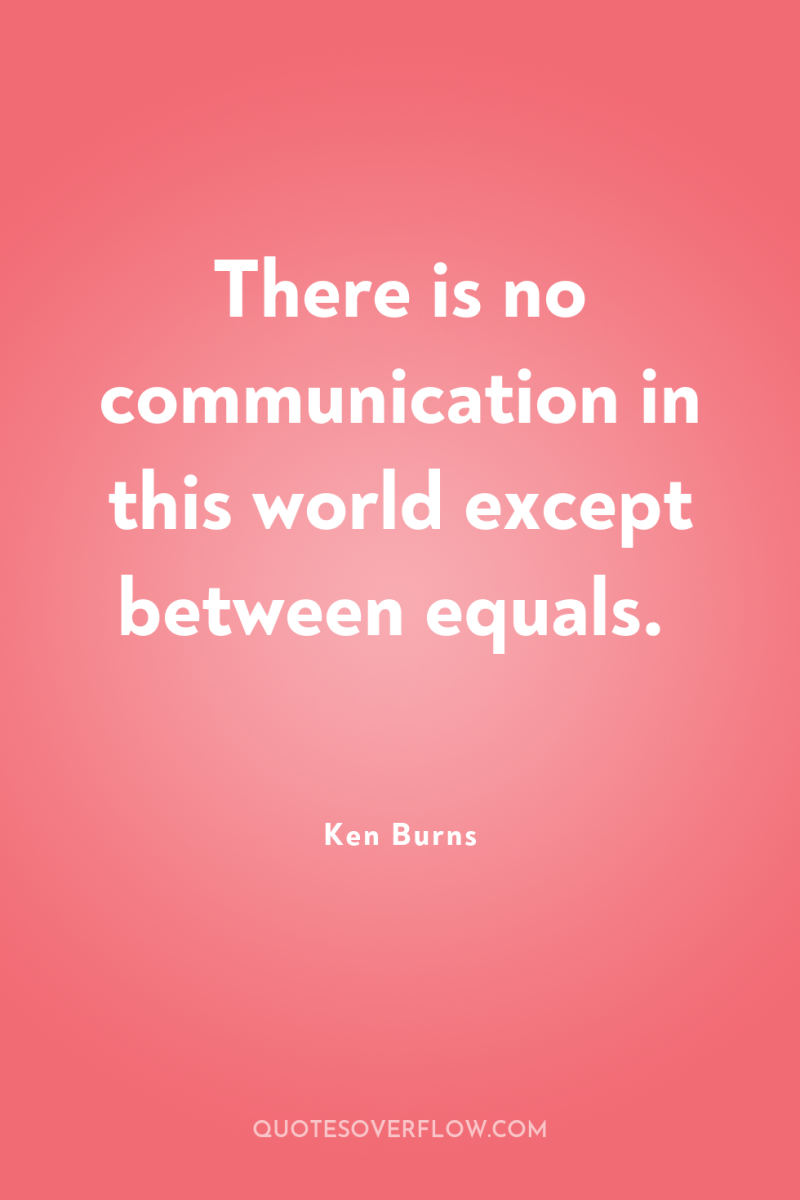Ken Burns, recipient of two Academy Awards for his work in documentaries, is best known for his award-winning film The Civil War (1990), which won the 1990 Academy Award for Best Documentary Feature. He has also directed the critically acclaimed feature films Jazz (1990), Baseball (1994), and Vietnam War (1987). Ken Burns was born in Cincinnati, Ohio, on December 1, 1942. His father worked as an engineer at an aluminum plant
Read more
His mother was a schoolteacher who raised three sons. Burns had one older brother and two younger brothers. Burns graduated from Admiral Farragut High School in 1959.
He studied journalism at Ohio University in Athens, Ohio, where he began his career as a reporter for the student newspaper, The Post. He completed his B.A. in 1963 and moved to New York City to pursue a career in television news reporting.
After working for several local stations, he joined WNEW-TV in 1970 as its chief reporter and anchor of the evening news program "News 9." He became producer of "The Morning Meeting" and quickly became well known as a thoughtful interviewer and interviewer's commentator during the lengthy interview segments on the news program. In 1973, he became co-producer of "The CBS Evening News with Walter Cronkite." In 1975, Burns joined "CBS Reports" as a producer and traveled extensively throughout the world to cover stories from war zones to natural disasters to political events. In 1977, he was named executive producer of "CBS Reports" and oversaw all production elements including coverage of political conventions and elections across America as well as international events such as the Iran hostage crisis and the assassination of Anwar Sadat by members of the Muslim Brotherhood.
Burns was fired from "CBS Reports" in 1981 after a dispute with CBS executives over a story about accused child molester Gary Caradori. In 1982 he began producing documentary films for PBS. The first documentary he produced was a 1983 special entitled "America: A Narrative History," which won the 1984 Emmy Award for Outstanding Individual Achievement in News & Documentary Programming from National Academy of Television Arts & Sciences (NATAS).
This Emmy-winning series evolved into the award-winning PBS series "The American Experience," which won over fifty Emmy awards including Outstanding Nonfiction Series four years running from 1991 to 1994; two Peabody Awards; two George Foster Peabody awards; two duPont Awards; eight Emmys; and many other honors over its 30 year history including
